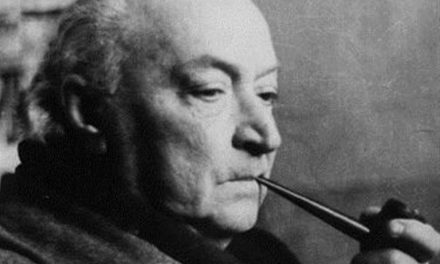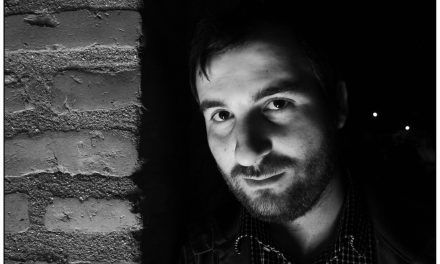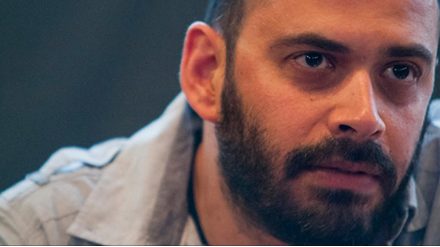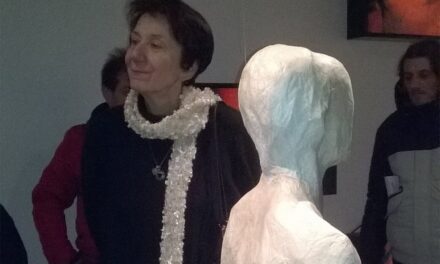Miltos Pavlou born in Thessaloniki, lives and works in Vienna, Austria. He serves at the European Union Agency for Fundamental Rights (FRA) as research project manager. As a human rights researcher and writer with studies in Sociology (Italy) and Law (Thessaloniki), he has worked for several years in institutions and organisations advocating for human rights in Europe and Asia. In Greece, he served as Senior Investigator to the Greek Ombudsman for 13 years and held directorial positions in institutes and centres studying and combating racism, xenophobia, and protecting human rights (such as i-RED, the Institute for Rights, Equality, and Diversity, among others). Currently, he is responsible for the large-scale European survey on LGBTIQ people in 30 countries conducted by FRA (EU LGBTIQ Survey). Parallel to his main professional career, he composes and creates songs in Greek and English, reflecting on themes of love, travel, people and places, memories and the transformative power of life experiences.
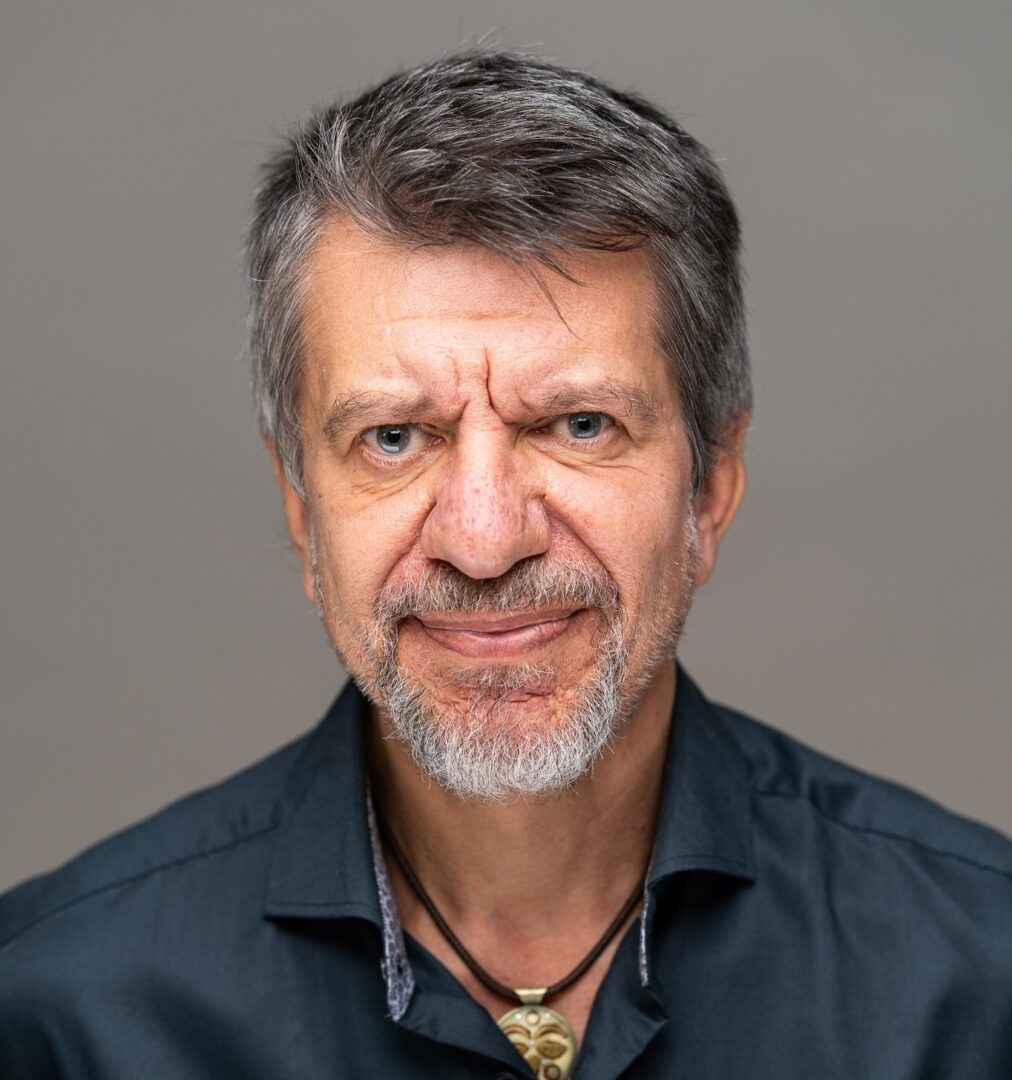
In your album ‘Ithaca’ you have translated and set to music poems by C.P. Cavafy. Tell us a few things about this venture.
This second album featuring Cavafy’s poems endeavors to capture the universality of his verse, translating the meanings, spirit, and essence of his potent messages for a broader audience, given the prominence of English as one of the most widely spoken languages globally.
The first album ‘Ithaki’ includes all 12 Cavafy poems in Greek transformed in songs in the last 35 years or so. This was a very personal creative endeavor. The Greek ‘Ithaki’ album includes also the poem Ithaca, in my own English translation.
The effort to produce also the Ithaca album in English, stemmed from the daily use of the language at work and its widespread use as international language, a ‘lingua franca’ allowing to reach out to more people and on a global scale.
While there are several great classical and well known and acclaimed translations of Cavafy, also in English, I felt compelled to craft my own translations. Existing translations did not always reflect my own reading, connection and feeling with the specific poems, especially in relation to rhythm, pace and musicality of the language. And I felt I needed an English translation that would not only fit on my own musical expression and reciting rythm of each poem but would also be articulated in a more modern language as it is spoken today. The success or not of these translation is not an academic pursuit but hinges on whether the poems-turned-songs resonate on a profound level, capturing the depth, dimensions, and layers envisioned during the creative process. It would depend on whether the poems-songs are felt as I imagined them and whether they are relate to mark they have left to the global culture.
I can now say that I really enjoy listening and singing along to these translated poems when I commute with the U-Bahn to my office in the mornings. I feel I reconnect with the poetic embrace that initiated this musical journey many years ago.
And as a due counter-present – ‘antidoro’ as we say in Greek – to Italy, an Italian version of Itaca is also part of this forthcoming album as a bonus track. This is where it all started, in Salerno, the area of Paestum, the ancient Poseidonia founded by Greek immigrants as Cavafy refers to in one of his poems, ‘Poseidoniatai’ (Poseidonians)
Last, not least, behind this album Ithaca in English a futile vanity might be hiding- an attempt to leave a meaningful legacy. With the passage of time, thoughts turn to the lasting impact one can have on future generations. The album is not just a musical endeavor but a contribution to preserving memories, conveying essential messages, principles, and values for those who follow, laying the groundwork for their own lives.
How did your involvement with the work of Cavafy begin? What is that moves and inspires you in the poetry of the great Alexandrian poet?
Since my youth in the 80s, when I was a sociology student in Salerno, Italy, I have been transforming Cavafy’s poems into songs. This artistic journey began during a period of personal crisis, around the age of 24, a pivotal moment when individuals often define themselves and embark on a transformative path.
Already engaged in composing songs with my own lyrics at the time, delving into the world of Cavafy’s poetry was an unexpected but profound experience. It was driven by an inner urge to explore the poems, their concepts, and meanings more deeply. The act of dressing the verses with music became a form of personal guidance, a way to navigate major life questions. It was as if I were reciting the poems to myself through music, uncovering their multiple layers and dimensions. As the songs took shape, they ceased to be mere adaptations; they became my own creations, illuminated and nurtured by Cavafy’s verses.
These musical interpretations provided me with clarity, sensitivity, and determination, enabling me to comprehend the universal, yet individual, and commonly shared quests of humanity. They became a source of support as I acknowledged, accepted, and defined my own path in response to life’s pressing questions, queries, and challenges.
While composers are often inspired by poems to create original lyrics for a song, in this case, the songs remain faithful to the original Greek poetry. The essence of the poems influenced the musical expression during the composition process, resulting in a distinct style that differs significantly from my own usual musical and lyrical creations. I do hope that the amalgamation of Cavafy’s timeless words and my musical interpretation has given rise to a unique and authentic artistic expression that can resonates with the profound themes woven into the fabric of the poems.
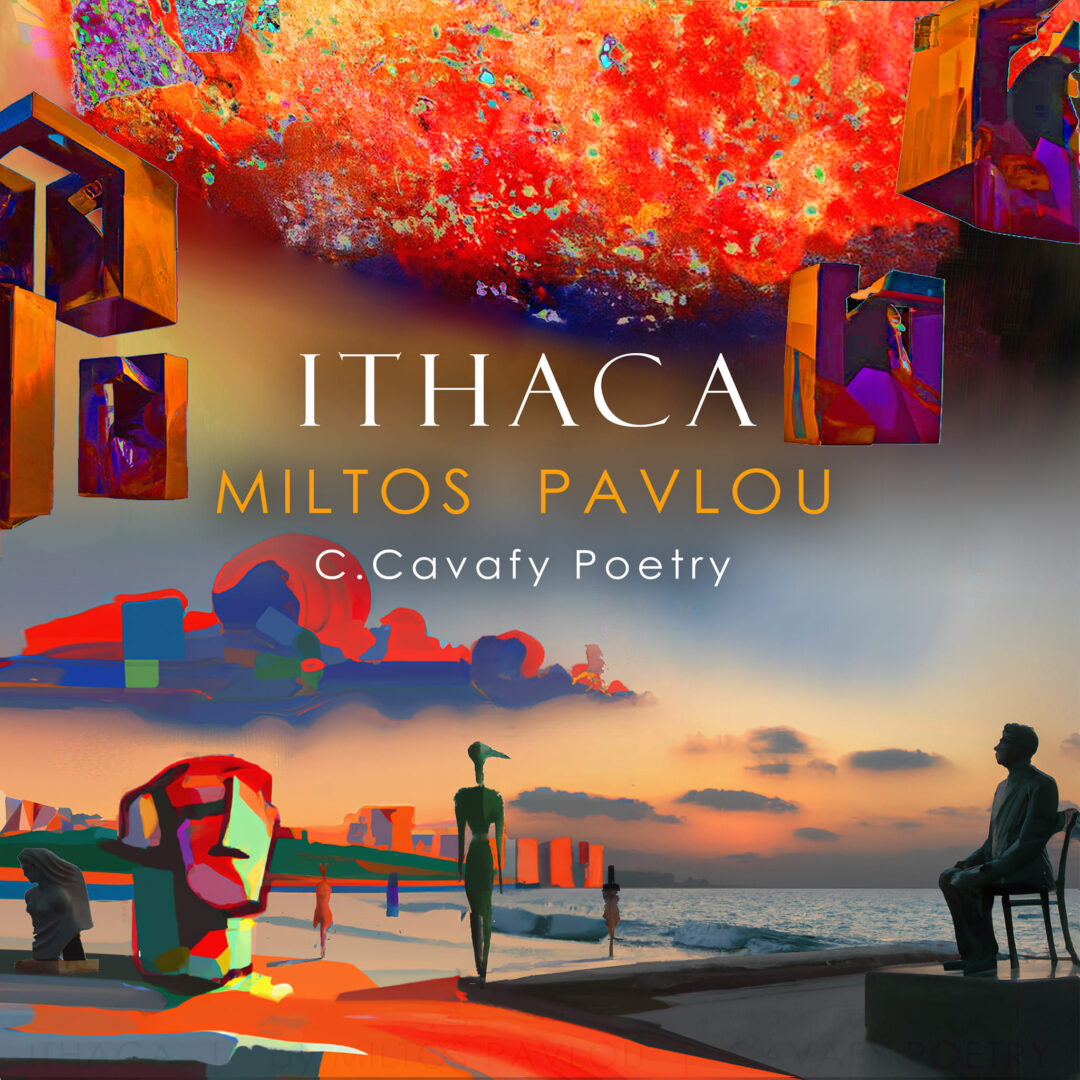
“Cavafy’s poetry uniquely combines the individual experience with the collective, carving out and setting before us emblematically and inescapably the drama of the human condition”. Tell us more.
Cavafy’s poetry holds a striking impact on the reader, weaving together individual quests and the challenges of life’s journey. Through a blend of symbolism employing emblematic figures and concepts, as well as grounded in realistic and relatable human experiences, his verses resonate with readers on a profound level. The emblematic stories, persons, ideas, and concepts in Cavafy’s work feel remarkably authentic, capturing a wide spectrum of human experiences in their tragic or life-defining dimensions.
What I think sets Cavafy’s poetry apart is its ability to transcend cultural, geographical, and ethnic boundaries, addressing the universal nature of the human condition. Drawing inspiration from ancient Greek and Hellenistic figures, his poetry becomes a complete representation of humanity. It explores the multitude and multifaceted manifestations of human existence, encompassing passions, beliefs, social constraints, a sense of belonging, as well as sexual life, love and passion in an intricate interplay of personal and collective experiences.
This unique, but also so familiar to our human experience, blending of the individual and the collective, is valid both for the Cavafy poetry that draws from historical events, stories, tragedies and to the personal erotic quests of eros, lust and passion.
Which were the main challenges you were faced with while translating and setting Cavafy to music?
Since the music was already there, having set to music the 12 poems in Greek during the past decades, the task of translating Cavafy’s poems into English by adapting the verses to the pre-existing music for this album, presented a unique challenge. The primary goal was to undertake a translation exercise that would not only capture the musicality, tempo, and weight articulation of the original Greek compositions but also convey the essence of the poetry in English as spoken today. This translation, starting and building on the solid basis of pre-existing important translations of the Cavafy opus, aimed to authentically reflect the artist’s personal perception of the poetry while maintaining a connection to the original messages.
Beyond linguistic fidelity, the translated poems needed to pass a crucial aesthetic test. They had to resonate with the overall aesthetics and inner dynamism of the musicalized poetry, considering the twelve poems as milestones in a personal journey. Each poem had been set to music during critical moments in life, where its meanings, concepts, and dimensions held significance in understanding, acceptance, reflection, and action.
As a former professional translator and someone who uses English extensively in their day job I embarked in this process with the goal to achieve an honest, unique, and worthy approach to presenting Cavafy’s poetry in English verses.
The journey mirrored the challenges faced often by translators, on a demanding path, requiring a careful balance of maintaining meaning, capturing essence, and staying true to both the poet and to my own understanding and emotional connection to the poetry. Throughout this process, the music served as a guiding force. As I entered the studio for voice recordings, further revisions and adjustments felt necessary to ensure a harmonious marriage of music and language in the spirit and aesthetic approach set already by the first Ithaki Album in Greek.
So the English poems, were born from and through the musicalisation of Cavafy’s original Greek verses. Nevertheless, they offered in English, a fresh and brilliant visions of the poet’s universal concepts about human experiences, realizations, ideas, ideals, and emotions. Inevitably, the English poem-songs in this album carry within them the deep essence of Cavafy’s poetry in Greek, subtly interwoven with the rhythm and articulation laid down by the musical compositions, crafted and tailor made on the Greek original poetry. The result is an intricate fusion that celebrates the beauty and universality of Cavafy’s poetic legacy.
How does your involvement with music is combined with your work as a sociologist and human rights advocate? Where do the two attributes meet?
These are in principle two distinct activities although they do intersect in terms of their passion for understanding the human condition, the challenges, the potential. They also both support and promote human life as an adventure of living together that can lead to knowledge, experience, emotional, political and intimate connection to other human beings based on principles and values that we cherished and brought us here. We are now often called to defend them and move forward through turbulent times. In the face of hardships and difficulties, knowledge through research can give power based on facts and direction, orientation based on principles and values. But the music can give a profound and powerful sense of awareness, of belonging and community, through emotional and transcendental experiences.
My day job is the one in the EU Fundamental Rights Agency, doing research, drafting reports and giving presentations on human rights and the situation on the ground in 30 countries (EU27 + 3 candidate countries). They might have an impact in improving people’s lives. Currently, I am working on a large EU LGBTIQ Survey, the latest wave of which was conducted in 2023, and drafting its results report. And this is very rewarding and fulfilling. It comes after decades of work in the areas of non-discrimination, racism and xenophobia, migrant integration and Roma inclusion in other human rights organisations and institutions in Greece and abroad.
In a way, music production had been left behind given that for many years I was extremely busy, often working in parallel in more jobs, and going through challenging times in terms of family, finance and chronical health concerns. However, my younger children would tell somebody today that their dad “fights for human rights and makes music singing songs”.
And this is where my music and my work finally meet.
“The music collection aims to contribute to a return back to basic principles and values in a critical and difficult moment both in Greece and around the world […] As a work of music, it fulfills the need for introspection, reflection and re-creation”. Ιn this respect, what is that makes the poetry of Cavafy both timeless and timely?
At times, music and art serve as a catalyst, prompting us to turn our heads and gain new perspectives. They guide us back to fundamentals, aiding in the rediscovery of essential principles and core values. With their support, clarity emerges, enabling us to take the next steps in our journey. Alternatively, they can let us dive into a realm of emotions, stirring memories and revealing truths often overlooked. These moments prompt us to pause, reflecting on the happenings in our lives and the world around us.
In these reflections, we find the light illuminating the most crucial aspects, allowing us to connect the dots, comprehend, and move forward confidently in our quest to imbue our lives with meaning. This becomes especially pertinent in today’s era, marked by swift transitions into new realities and a challenging landscape of disinformation, geopolitical and cultural struggles, and conflicts that encroach upon the peace and prosperity we have grown accustomed to.
In this context, the Cavafy poetry featured in this album, which has been for me a guiding hand through difficult times in the past, takes on a poignant and insightful resonance through music. It serves as an emotional conduit, offering keys to navigate life’s journey – at times as admonishments or axioms, conveying desperate cries of failure, depression, and loss, but also portraying moments of growth, acceptance, and redemption.
*Interview by Athina Rossoglou
TAGS: LITERATURE & BOOKS | MUSIC | READING GREECE

